Writing: Non-Fiction
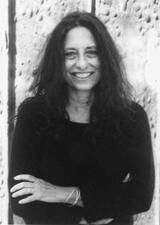
Carol Gilligan
The pioneering work of American psychologist Carol Gilligan changed the way the field of psychology studied women and, arguably, the way society views women. Challenging mainstream psychology through her interrogation of the accepted benchmarks of moral and personal development, she proposed that women and men have different moral criteria and follow different paths in maturation.
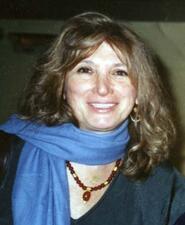
Nora Glickman
Argentine-born Nora Glickman is a prolific dramatist and short story and non-fiction writer, translator, editor, and professor of Latin American literature.

Louise Glück
Louise Glück, American poet, essayist, and educator, was the recipient of the 2020 Nobel Prize in Literature, as well as numerous other awards for her writing; she also served as poet laureate of the United States from 2003 to 2004. One finds the personal, the mythological, and the Biblical woven intricately throughout Glück’s oeuvre.
Eleanor Glueck
For half a century, Eleanor Glueck worked with her husband, a professor of criminology at Harvard Law School, to produce studies of juvenile delinquency and adult crime. In addition to statistical modeling of crime, they did follow-up studies to understand the roots of criminal behavior.
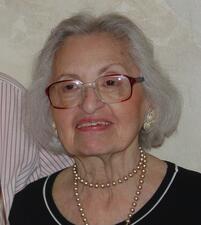
Doris Bauman Gold
Doris Bauman Gold was motivated by her long participation in Jewish organizational life to found Biblio Press, dedicated to educating Jewish women about their own history and accomplishments. Through Biblio Press, Gold published more than 27 general audience books that address and illuminate the culture, history, experiences, and spiritual yearnings of Jewish women.
Esther Schiff Goldfrank
Although she never earned a degree in anthropology or taught a class, Esther Schiff Goldfrank made significant contributions to the field through her studies of communities as disparate as Pueblo Indians and New Yorkers.
Emma Goldman
Emma Goldman was a potent voice of anarchism in North America and Europe in the early twentieth century, and her controversial beliefs made her many powerful enemies. Yet even after enduring many contentious interactions with law enforcement, Goldman continued to speak, write, and teach on freedom and individual rights, inspiring her followers to question authority at every turn.
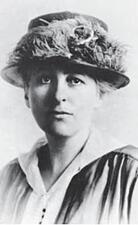
Josephine Clara Goldmark
Josephine Goldmark laid the groundwork for transforming American labor laws by amassing data that forced lawmakers to confront the painful realities of factory work. At the National Consumers’ League, she compiled data on working conditions, wrote articles, led campaigns for legislative reform, and recruited her brother-in-law, Louis D. Brandeis, to argue for those reforms in court.
Luba Robin Goldsmith
In 1902, Luba Robin was the first woman to graduate from the school of medicine at the Western University of Pittsburgh (later the University of Pittsburgh). Her career combined private medical practice, teaching, writing, lecturing, and active participation in educational, social, and public health work.
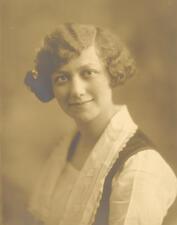
Rose (Berman) Goldstein
An early advocate of increased rights and responsibilities for women in Jewish life, Rose Goldstein was a prominent leader in the National Women’s League of the United Synagogue of America. She published a book detailing her relationship between scripture and her own self-understanding in 1972.
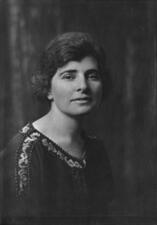
Dorothy Lerner Gordon
Dorothy Lerner Gordon—musician, broadcaster, author—dedicated her talents to the entertainment and education of children and young people. Throughout her career, she created radio programming to give children access to literature, music, and current events.
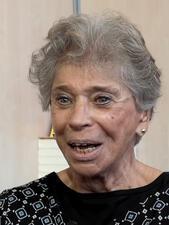
Vivian Gornick
Vivian Gornick is an American essayist, memoirist, and noted second-wave feminist. She is known for bringing a personal lens to political and critical writing.
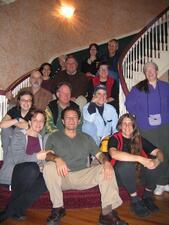
Lynn Gottlieb
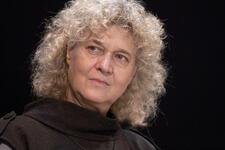
Michal Govrin
Michal Govrin, born in 1950 is an Israeli poet, writer, and stage director. She takes a highly individualized perspective on Israeli-Jewish post-Holocaust reality by combining artistic experimentation with Biblical and Rabbinic sources and philosophical discourse. In her poetry, prose and essays she examines places and spaces within a polyphonic context of architecture, art and theater, the sanctity of land, and the national narrative.
Sophie Von Grotthuss
Born in Berlin, Sophie von Grotthuss grew up with a mother who resented her Judaism and who married her off at fifteen into an unhappy relationship. In her later years she became a prolific author, but only a few of her works, including a story and a play, have survived.
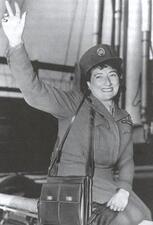
Ruth Gruber
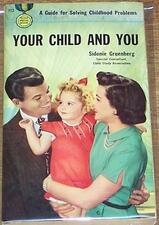
Sidonie Matsner Gruenberg
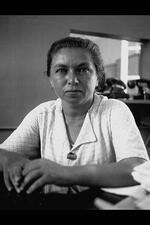
Bracha Habas
Bracha Habas was an educator and one of the first professional women journalists in Erez Israel. She was a member of Davar’s editorial board and the co-founder of its children’s newspaper, Davar le-Yeladim. Enumerating on Habas’s 48 publications, Rahel Adir described her as “the recorder of Yishuv history.”
Käte Hamburger
Käte Hamburger was a German literary scholar and philosopher who developed a philosophical theory of literature.
Leah Cohen Harby
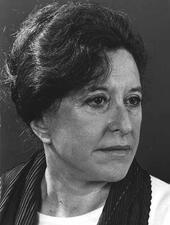
Shulamith Hareven
Born in Poland in 1930, Shulamith Hareven was an Israeli poet, author, essayist, and political activist. From capturing the lingering pain of Holocaust survivors to describing the harsh conditions of Palestinian refugee camps, Hareven used her writing to push Israelis to confront uncomfortable truths.
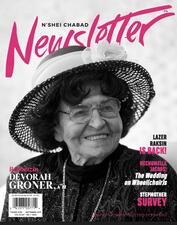
Hasidic Women in the United States
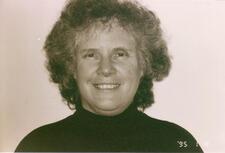
Rivka Haut
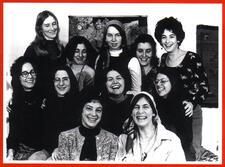
Nancy Miriam Hawley
Carolyn G. Heilbrun
A leader in the American feminist movement, Carolyn G. Heilbrun wrote some of the women’s movement’s most widely read texts, including Toward a Recognition of Androgny (1973) and Reinventing Womanhood (1979). These texts encouraged readers to reconceive the role of women in society and challenge conventional notions of masculinity.


